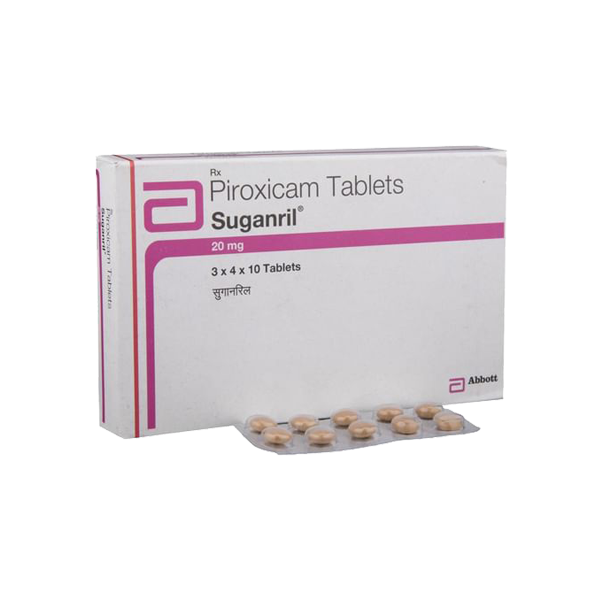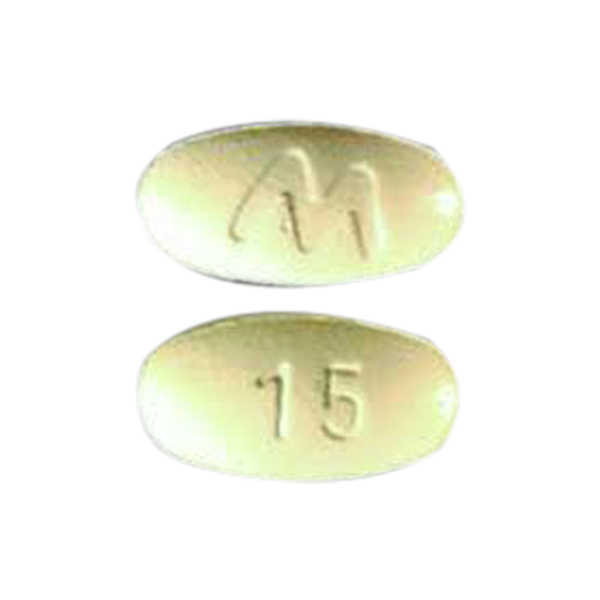Description
Naproxen is prescribed as a painkiller for a range of ailments, including headaches, muscular pains, tendonitis, tooth pain, and menstrual cramps. Additionally, it lessens the discomfort brought on by gout episodes, bursitis, and other illnesses including arthritis.
This substance is categorized as a nonsteroidal anti-inflammatory drug (NSAID). NSAIDs are a class of drugs that reduce inflammation by preventing your body from producing certain naturally occurring chemicals.
The following distinctive brand names are used to market naproxen: Aleve, EC Naprosyn, Anaprox, Anaprox DS, Naprosyn, Naprox Sodium, Naproxen EC, Naproxen SR, Naprelan, and Menstridol.
Uses:
Naprosyn is recommended to treat symptoms related to:
- Severe arthritic pain or minor (acute) gout pain
- First-degree dysmenorrhea (painful periods)
- Bursitis (joint inflammation)
- Tendinitis (inflammation of the tendons) (inflammation of the tendons)
- Arthritis rheumatoid (an autoimmune disease)
- Spondylitis with ankylosing (a chronic inflammatory disease of the spine joints)
- Adolescent idiopathic polyarticular arthritis (an autoimmune disease in people younger than 16 years of age)
- Menstrual cramps
Side Effects:
Here are some of Naprosyn side effects:
- Stomach pain and nausea
- Heartburn
- Headache
- fatigue or unsteadiness
- Diarrhea
- Constipation
- Bloating \Gas
Even though these side effects might not appear severe, if they persist after the therapy has ended, they could become more of an issue. The best course of action is to call your doctor.

 STORE OPEN | LATEST UPDATE:
STORE OPEN | LATEST UPDATE:















johnmicheal0221 –
Best